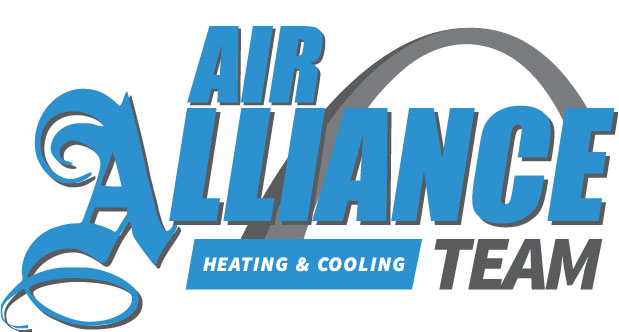
We spend a good majority of our time inside. In fact, the Environmental Protection Agency (EPA) has estimated being inside makes up 90% of our schedule. Although, the EPA also has found your indoor air can be three to five times worse than outside your home.
That’s due to the fact our residences are tightly sealed to enhance energy efficiency. While this is fantastic for your energy costs, it’s not so good if you’re a part of the 40% of the population with respiratory allergies.
When outdoors ventilation is insufficient, pollutants such as dust and volatile organic compounds (VOCs) might get stuck. As a consequence, these pollutants can aggravate your allergies.
You can improve your indoor air quality with clean air and regular dusting and vacuuming. But if you’re still having issues with symptoms during the time you’re at your residence, an air purifier might be able to provide assistance.
While it can’t get rid of pollutants that have settled on your couch or carpet, it might help purify the air traveling across your home.
And air purification has also been scientifically proven to help lower some allergic symptoms, according to the American College of Allergy, Asthma and Immunology. It can also be appropriate if you or a family member has lung trouble, including emphysema or COPD.
There are two kinds, a portable air purifier or a whole-home air purifier. We’ll discuss the differences so you can learn what’s correct for your residence.
Whole-House Air Purifier vs. Portable Air Purifiers
A portable air purifier is for a single room. A whole-house air purifier works with your heating and cooling equipment to purify your entire residence. Some kinds can purify independent when your heating and cooling system isn’t operating.
What’s the Best Air Purifier for Allergies?
Look for a purifier with a High Efficiency Particulate Air (HEPA) filter. HEPA filters are installed in hospitals and deliver the best filtration you can find, as they eliminate 99.97% of particles in the air.
HEPA filters are even more beneficial when combined with an ultraviolet (UV) germicidal light. This mighty blend can wipe out dust, dander, pollen and mold, all of which are general allergens. For the ultimate in air purification, evaluate a system that also has a carbon-based filter to reduce household vapors.
Avoid buying an air purifier that generates ozone, which is the top element in smog. The EPA warns ozone might aggravate respiratory troubles, even when released at small concentrations.
The Allergy and Asthma Foundation of America has made a listing of questions to ask when getting an air purifier.
- What can this purifier remove from the air? What doesn’t it take out?
- What’s its clean air delivery rate? (A bigger amount means air will be cleaned faster.)
- How frequently does the filter or UV bulb need to be changed]? Can I complete that by myself?
- How much do replacement filters or bulbs cost?
How to Reduce Seasonal Allergy Symptoms
Want to get the {top|most excellent|best] outcome from your new air purification equipment? The Mayo Clinic suggests taking other measures to reduce your exposure to seasonal allergy triggers.
- Stay inside and keep windows and doors shut when pollen counts are elevated.
- Have other family members cut the lawn or pull weeds, since this work can trigger symptoms. If you are required to do these chores on your own, you may want to consider trying a pollen mask. You should also rinse off without delay and change your clothes once you’re completed.
- Avoid drying laundry outside.
- Use air conditioning while at your house or while in the car. Consider using a high efficiency air filter in your residence’s HVAC unit.
- Balance your house’s humidity levels with a whole-house dehumidifier.
- Hardwood, tile or linoleum are the suggested flooring materials for lowering indoor allergens. If your residence has carpet, install a HEPA filter on your vacuum cleaner.
Let Our Pros Take Care of Your Indoor Air Quality Needs
Ready to move forward with getting a whole-house air purifier? Give our professionals a call at 636-206-4584 or contact us online to get an appointment. We’ll help you choose the ideal system for your residence and budget.
